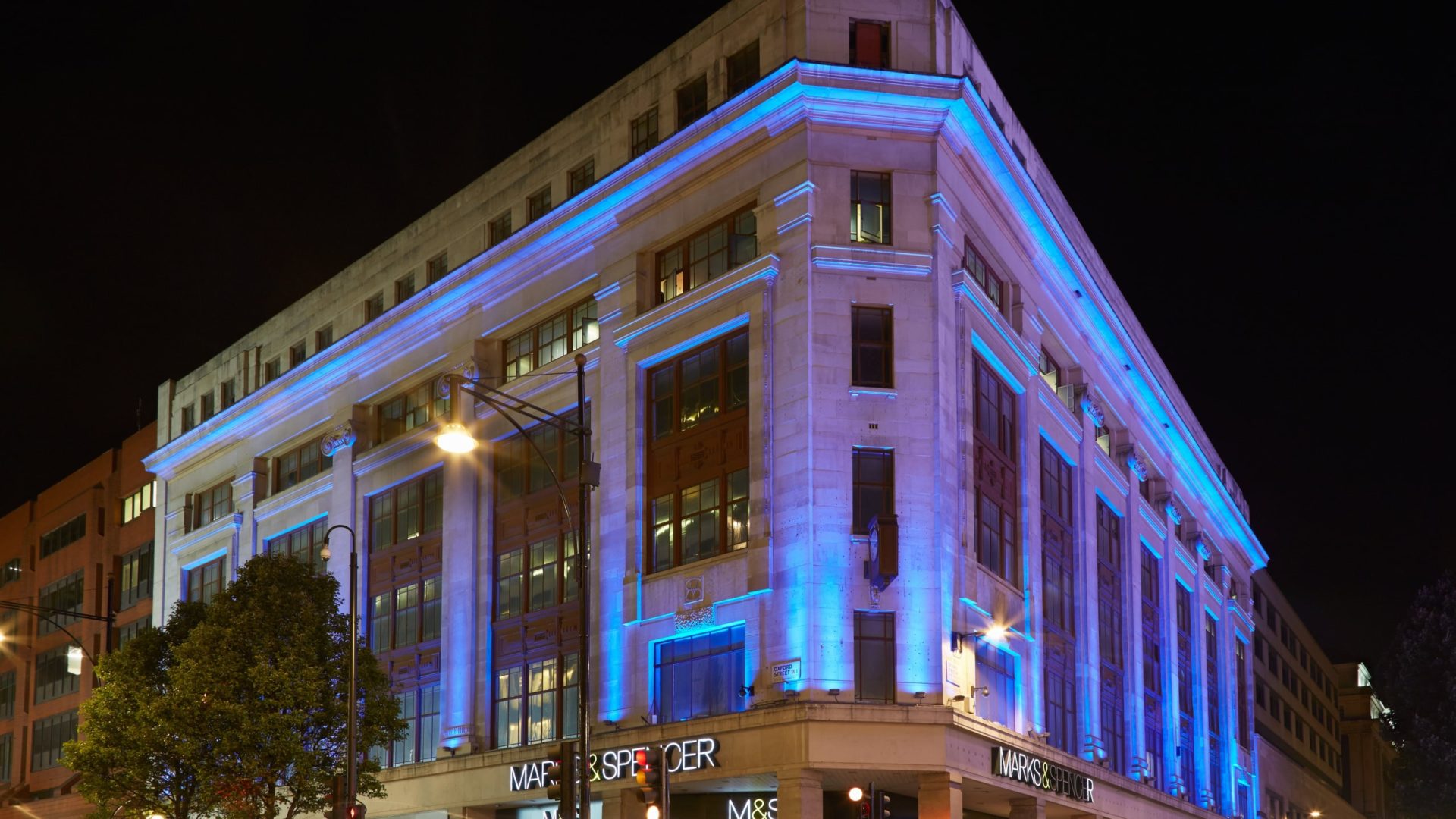
Reactions from the built environment to the secretary of state for levelling up, housing and communities to block the rebuilding of the iconic M&S building in London’s Marble Arch.
Michael Gove’s decision to halt the demolition of the M&S London flagship store in Oxford Street has caused shockwaves across the built environment.
The secretary of state this week stopped Pilbrow & Partners’s plans to knock down and rebuild the 1929 art deco building over concerns that the benefits of the project would not outweigh its negative heritage and environmental impact.
Campaign group Save Britain’s Heritage opposed the planning application and gained the support of celebrities such as Kristin Scott Thomas and Griff Rhys Jones. It claimed that the building’s demolition “would carry unsustainable carbons costs” and go against Westminster Council’s own net-zero targets.
The group advocates for retrofitting the structure instead.
Saul Humphrey FCIOB, professor of sustainable construction management at Anglia Ruskin University, told CM that Gove’s decision might be “a significant shift in the planning paradigm” that could switch the emphasis towards “proper recognition” of the environmental impacts from the built environment.
“Recognising the value of existing structures and avoiding the unnecessary repetition of embodied carbon/extractive processes avoids waste, pollution and greehouse gas emissions, which is critical if we are to seriously avoid the worst impacts of climate change,” Humphrey added. “The value(s) of existing buildings might now start to better reflect this reality.”
‘Huge victory for heritage’
Founder of architecture practice BakerBrown and academic Duncan Baker-Brown shared on LinkedIn that the rejection of the planning application is a “huge victory for heritage and environmental campaigners, and a landmark decision for the future of UK construction and the built environment”.
Basil Demeroutis, managing partner at the FORE Partnership, a company reusing 1930s steel beams from a former House of Fraser building in a new office development, also welcomed the move as “a major step forward in promoting retrofits ahead of new construction”.

However, others also cautioned about the potential ambiguity that Gove’s decision may cause in similar projects and called for legislation that incentivises retrofitting and penalises demolition.

Gove’s decision did not go down well with M&S boss, Stuart Machin, who called it “a short-sighted act of self-sabotage”. He said that suggesting the decision was taken on the grounds of sustainability is “nonsensical”.
“With retrofit not an option – despite us reviewing 16 different options – our proposed building would have ranked in the top 1% of the entire city’s most sustainable buildings,” Machin said in a statement.
“It would have used less than a quarter of the energy of the existing structure, reduced water consumption by over half, and delivered a carbon payback within 11 years of construction. It is also completely at odds with the inquiry process where the analysis on sustainability, including from independent experts Arup, was accepted.”











